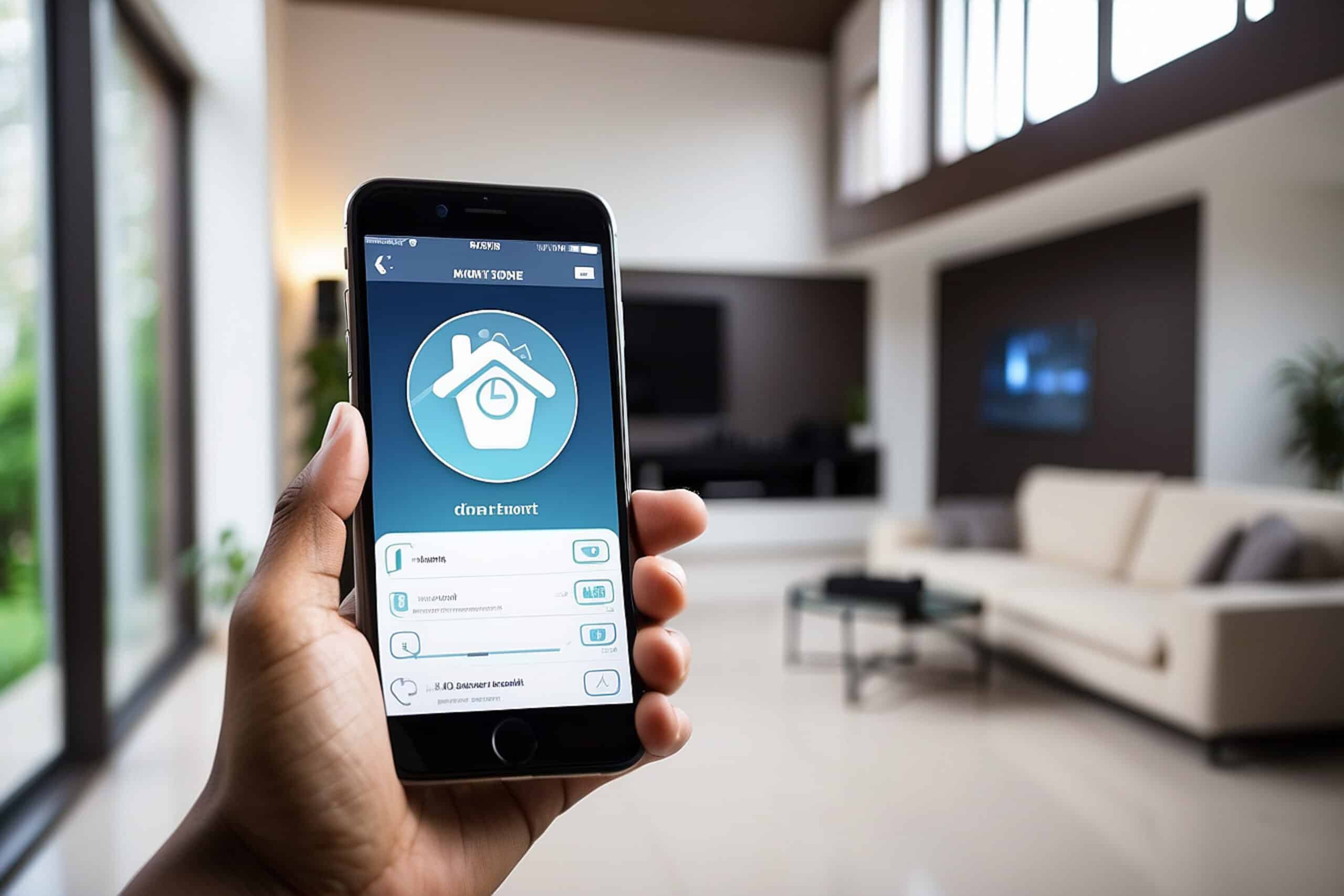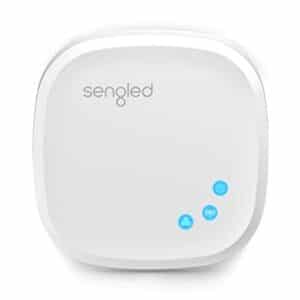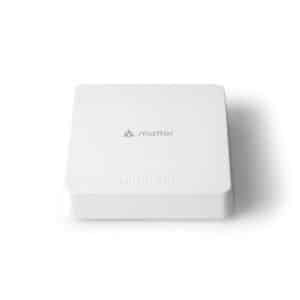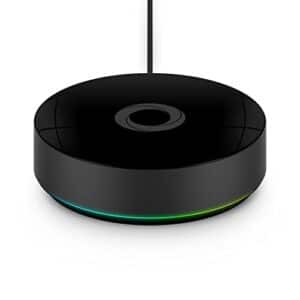Can A Cell Phone Replace A Smart Home Hub?
Key Takeaways
- Cell phones can replace smart home hubs, offering convenience, cost-effectiveness, and integration with other apps and services.
- Cell phones may have limitations as smart home hubs, such as reliability and performance, due to battery drain, network connectivity issues, and slower response times.
- The future of smart home hubs is likely to involve the blurring of lines between dedicated hubs and cell phones, leveraging the processing power of smartphones while offering the reliability and performance of dedicated hubs.
Smart homes have become increasingly popular in recent years, with homeowners embracing the convenience and efficiency that connected devices offer. A key component of a smart home setup is a smart home hub, a central device that controls and manages all the connected devices in a household. Traditionally, dedicated smart home hubs were required to create a seamless and integrated smart home experience. However, with the advancements in technology, the question arises: Can a cell phone replace a smart home hub?
The Rise of Smart Home Hubs
In the early days of the smart home revolution, dedicated smart home hubs were essential for connecting and controlling various devices. These hubs acted as a bridge between different protocols and standards, allowing devices from different manufacturers to communicate with each other. They provided a centralized platform for managing and automating smart home devices, offering features like remote control, scheduling, and voice command integration.
Cell Phones as Smart Home Hubs
With the proliferation of smartphones and the increasing capabilities of mobile apps, cell phones have become powerful tools for controlling and managing smart home devices. Popular smart home platforms like Apple Home, Google Home, and Amazon Alexa offer dedicated apps that can turn a cell phone into a hub for controlling connected devices. These apps provide a user-friendly interface, allowing homeowners to easily monitor and control their smart home devices from anywhere.
Cell phones as smart home hubs offer several advantages:
- Convenience: Since most people carry their cell phones with them at all times, using a phone as a smart home hub eliminates the need for an additional device.
- Cost-Effective: Smart home hubs can be expensive, whereas using an existing cell phone as a hub eliminates the need for an additional investment.
- Integration: Cell phone apps can integrate with other apps and services, allowing for seamless control of multiple aspects of a smart home, such as security systems, lighting, thermostats, and more.
- Upgradability: Cell phones regularly receive software updates, ensuring compatibility with the latest smart home devices and protocols.
Limitations of Cell Phones as Smart Home Hubs
While cell phones can serve as convenient smart home hubs, they do have some limitations:
Reliability: Smart home hubs are designed to be always-on devices, dedicated to managing and controlling connected devices. Cell phones, on the other hand, may be subject to battery drain, network connectivity issues, or interruptions due to incoming calls or messages. This can affect the reliability and responsiveness of the smart home system.
Performance: Dedicated smart home hubs are optimized for managing a large number of devices simultaneously, ensuring smooth and efficient operation. Cell phones may not have the same processing power and memory capabilities, potentially leading to slower response times or limitations in the number of devices that can be controlled.
The Future of Smart Home Hubs
As technology continues to evolve, it is likely that the line between dedicated smart home hubs and cell phones will continue to blur. Manufacturers are developing advanced smart home systems that leverage the processing power and capabilities of smartphones while offering the reliability and performance of dedicated hubs.
Additionally, the emergence of voice assistants like Siri, Google Assistant, and Amazon Alexa has further enhanced the capabilities of cell phones as smart home hubs. With voice control becoming more prevalent, homeowners can easily interact with their smart home devices using their cell phones.
In conclusion, a cell phone can certainly replace a smart home hub to a large extent. With the availability of dedicated apps and the convenience of carrying a cell phone at all times, homeowners can control and manage their smart home devices seamlessly. However, it’s important to consider the limitations of cell phones, such as reliability and performance, when relying solely on them as smart home hubs. As technology progresses, we can expect to see more integrated and powerful solutions that bridge the gap between dedicated hubs and cell phones.
Related Websites:
FAQs:
Q: Can a cell phone replace a smart home hub?
While a cell phone can offer some smart home control capabilities, it may not fully replace a smart home hub. A hub provides a centralized control system and potential for increased stability and reliability. However, the decision ultimately depends on your specific needs and preferences.
Q: What is a smart home hub?
A smart home hub is a device that connects and controls various smart devices in your home. It acts as a central hub for communication and coordination between these devices, allowing for seamless integration and control.
Q: What are the benefits of using a smart home hub?
Using a smart home hub offers several advantages. It provides a centralized control system, allowing you to manage all your smart devices from one place. This can simplify and streamline your home automation experience. Additionally, a hub can enhance stability and reliability by reducing dependency on individual devices.
Q: What are the limitations of using a cell phone as a smart home hub?
Relying solely on a cell phone as a smart home hub has its limitations. Issues such as battery life, connectivity, and processing power can affect its performance as a hub. A dedicated hub, on the other hand, is designed to overcome these limitations and provide a more robust and reliable smart home control experience.
Q: How can I control smart home devices with my cell phone?
Controlling smart home devices with a cell phone is possible through smart home control apps. These apps allow you to remotely manage and monitor your devices from your phone. They offer features like adjusting lighting, temperature, or security settings, providing convenience and flexibility.






